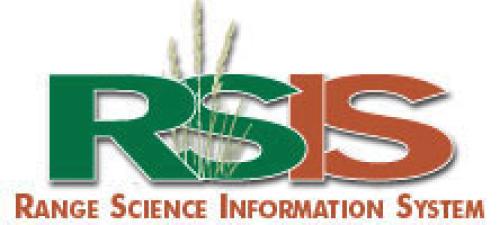Pastor and Naiman suggest that selective foraging alters feedbacks between plants and decomposers and between plants and herbivores. Plants that produce easily decomposable litter are also heavily browsed, because the same chemical properties that determine litter decay also determine digestibility. This trait links theories of food webs and nutrient cycles by posing a role of herbivores as functional switches determining both plant community composition and the array of litters returned to the soil. The role appears to be particularly strong in boreal forests, where nutrient availability is low and limits productivity and determines successional pathways, where effects of herbivores are strong and long lasting, and where the same plant traits tat determine herbivore preference and response to browsing also determine interactions with soil nutrient availability. The model presented could explain the extreme fluctuations in herbivore populations characteristic of boreal regions, however, it is not inconceivable that such a model may apply to other terrestrial ecosystems as well. The authors conclude that such feedbacks cause the effects of herbivores on ecosystems to persist even after the herbivores are no longer present.

Citations and enhanced abstracts for journals articles and documents focused on rangeland ecology and management. RSIS is a collaboration between Montana State University, University of Idaho, and University of Wyoming.